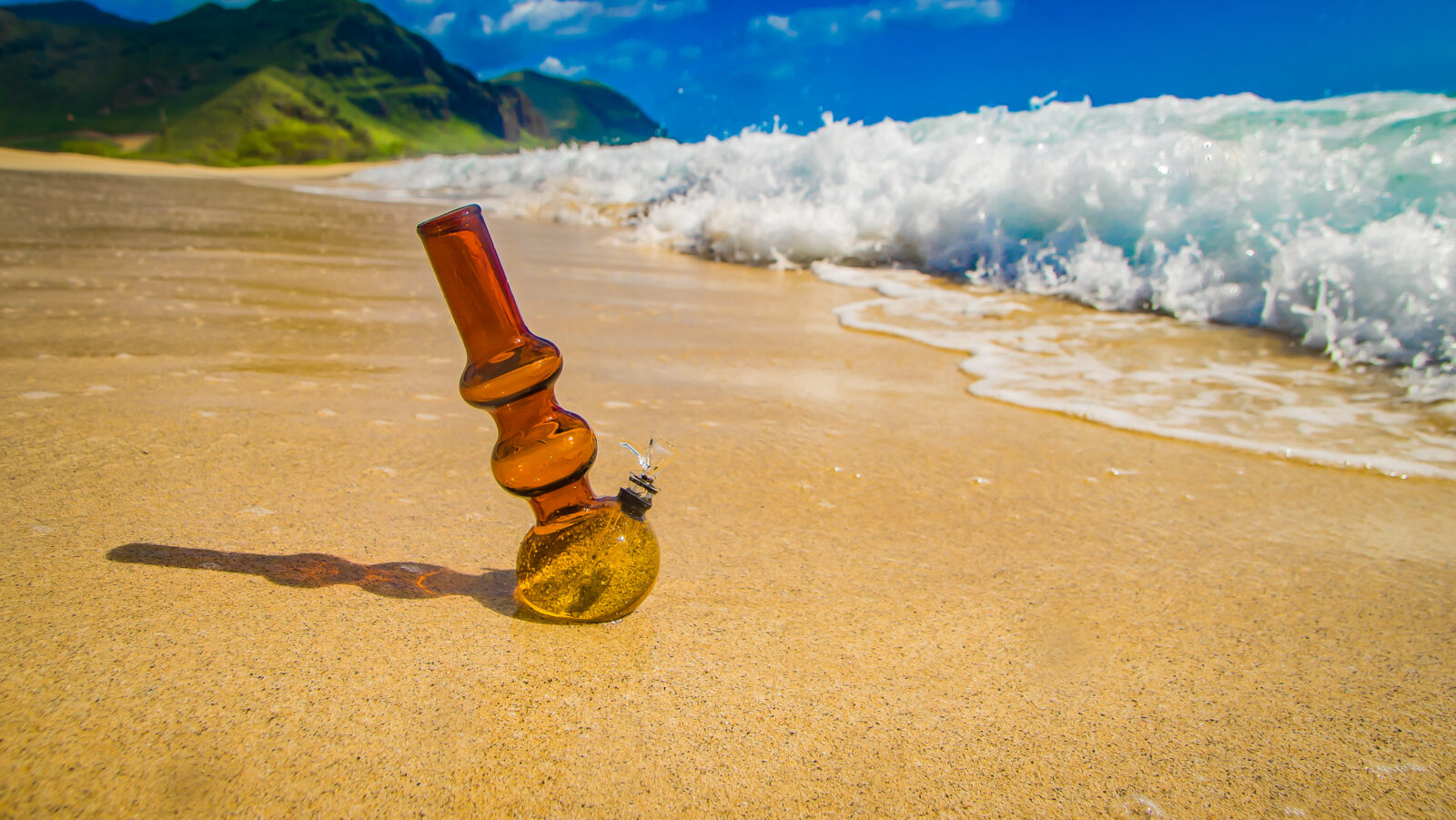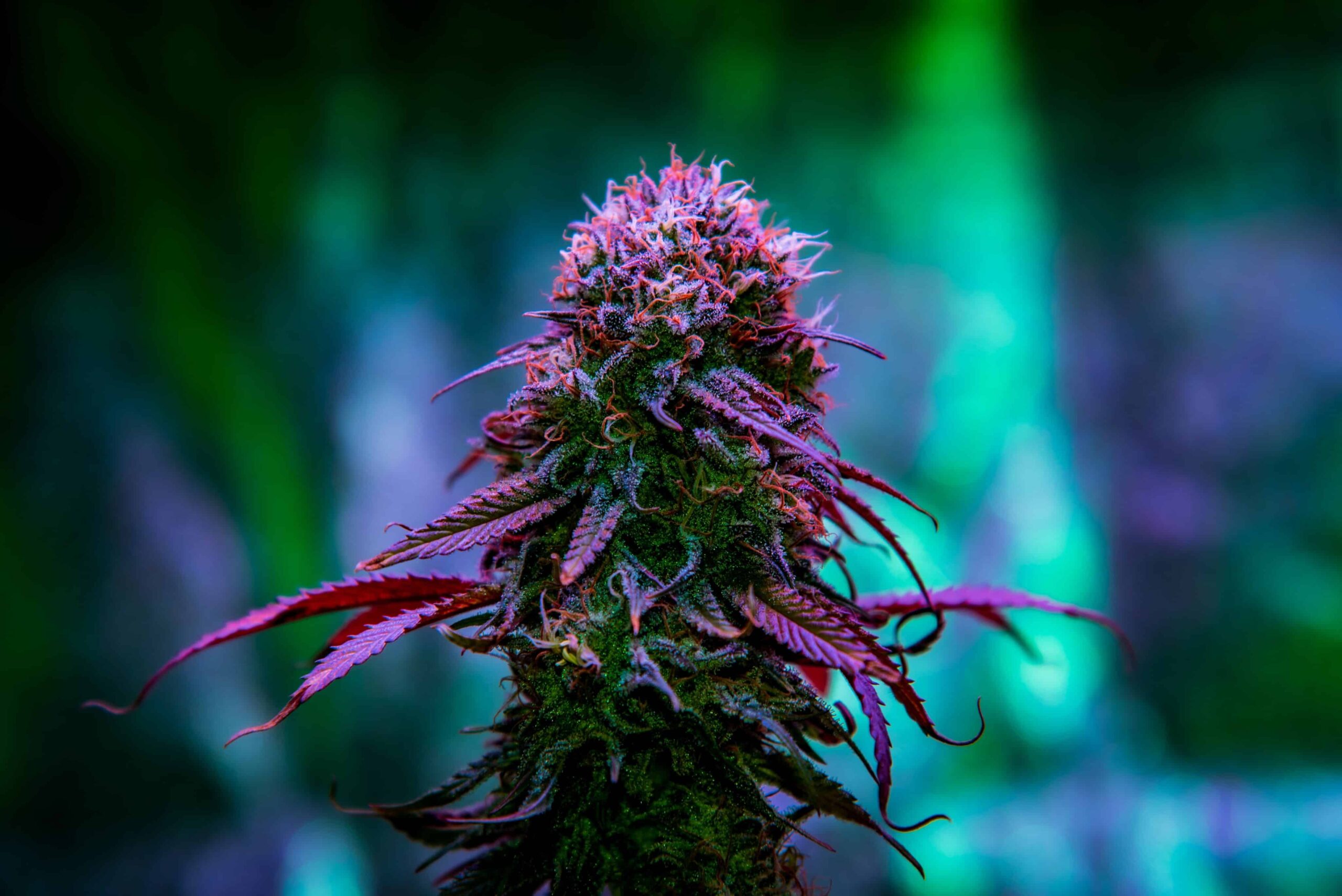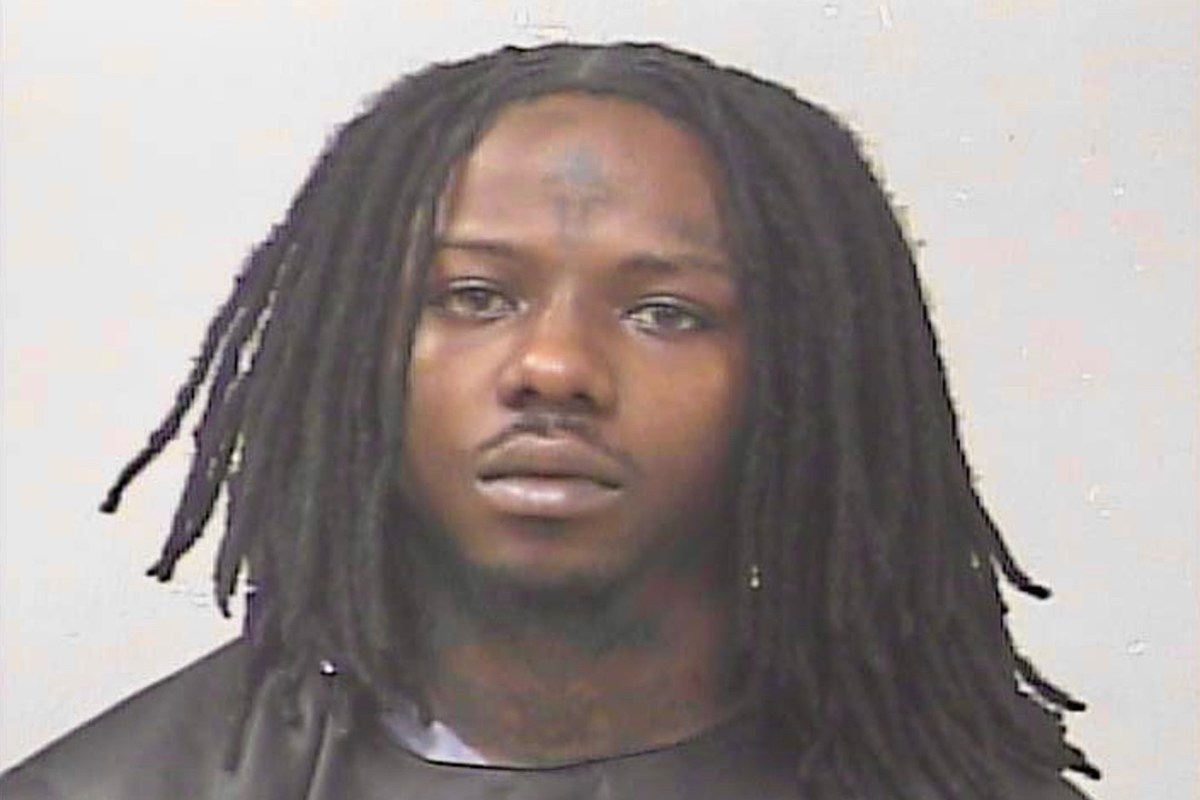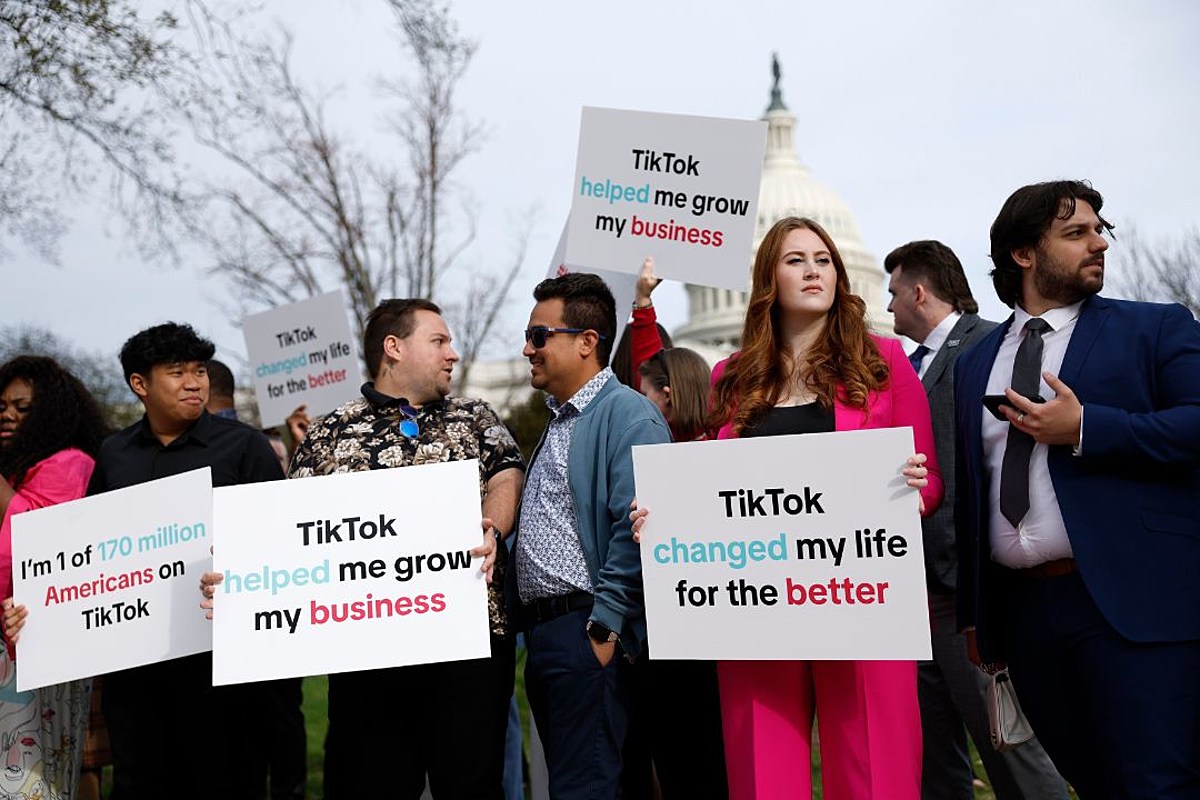Study Shows 11% Of High School Seniors Use Delta 8 THC
More than one in 10 high school seniors reported recent use of products with delta 8 THC, according to the results of a study published this week. The study found that approximately 11% of 12th-grade students said that they had used delta 8 during the past year, reflecting the widespread availability of the hemp-derived cannabinoid that is sometimes referred to as “diet weed” or “light THC.”
The new research analyzed data from the Monitoring the Future survey, an ongoing study of the behaviors, attitudes and values of adolescents and young adults funded by the National Institutes of Health. The analysis showed that 11.4% of high school seniors had used delta 8 THC products in the last year. Of the 295 teens who reported using the compound, more than two-thirds (68.1%) said they had used it at least three times, while 35.4% had used it at least 10 times and nearly 17% used it at least 40 times. Nine out of 10 (91%) of delta 8 users also said that they used marijuana.
“Eleven percent is a lot of people — that’s at least one or two students in every average-sized high school class who may be using delta-8. We don’t know enough about these drugs, but we see that they are already extremely accessible to teens,” Nora Volkow, director of the National Institute on Drug Abuse, said in a statement about the research from the agency. “Cannabis use in general has been associated with negative impacts on the adolescent brain, so we must pay attention to the kinds of cannabis products teens are using, educate young people about potential risks, and ensure that treatment for cannabis use disorder and adequate mental health care is provided to those who need it.”
Delta 8 And The 2018 Farm Bill
The popularity of delta 8 THC skyrocketed after the 2018 Farm Bill legalized hemp at the federal level. Unregulated Delta 8 products were soon available at retailers including convenience stores, gas stations and smoke shops. Delta 8 products are particularly popular in states that have not legalized marijuana for recreational use, a trend that was reflected in data from the new study. About 14% of those in states without cannabis legalization reported delta 8 use, compared to 8% in states with legalization.
Dr. Adam Leventhal, executive director of the USC Institute for Addiction Science and one of the authors of the study, said that the new research illustrates how widely available delta 8 products are to young people.
“What we hadn’t known prior to this study was to what extent are these products reaching teens, which was a concern because they weren’t being comprehensively regulated,” Leventhal told CNN.
The researchers expressed concern that the widespread use of delta 8 by teenagers could lead to developmental issues or other negative effects. The long-term effects of delta 8 THC on teens are not known, although some cannabis research has shown that the drug can negatively impact memory, attention and the ability to learn in young people.
“Some of the concerns based on the underlying biology would be, of course, addiction, like what we see with marijuana, some of the neurodevelopmental changes that can happen because the adolescent brain is still forming and exposure to intoxicating substances can interfere with proper development of the brain pathways that support cognition and emotion regulation,” Leventhal said.
Jonathan Miller, the general counsel for the U.S. Hemp Roundtable, a trade group representing businesses in the hemp industry, said the results of the study were “shocking, but it’s not surprising.”
“Our hemp industry is filled with actors who provide good manufacturing practices and truth in labeling and make good efforts to keep intoxicating products out of the hands of minors, but there are unfortunately a lot of bad actors out there,” Miller said in a phone interview on Wednesday. “But the worst actor of all in this is the FDA. The FDA said when the farm bill passed in 2018 that it would take steps to start regulating hemp products and they’ve done nothing. And as a result, we’ve got a wild west.”
Miller noted that several states are taking action to regulate delta 8 THC, citing Kentucky as a state taking strong measures to keep intoxicating hemp cannabinoids out of the hands of young people. Until the FDA takes action, it will be up to states to pass rules governing hemp cannabinoids, leaving conscientious businesses with a murky regulatory environment to operate in.
Shawn Hauser, a partner at the cannabis and psychedelics law firm Vicente LLP and co-chair of the practice’s Hemp and Cannabinoids Department, said the study’s findings “illustrate the urgent need to federally legalize all cannabis (marijuana and hemp-derived products) with fundamental product safety standards governing product manufacturing, testing, labeling, marketing, etc.”
“The hemp market, which is particularly robust in states without marijuana programs, has inflamed the need for federal legalization of all cannabis products that equip state and federal regulators to appropriately protect consumer safety through regulation, enforcement, and consumer education,” Hauser wrote in an email to High Times. “Regulation is more effective than prohibition in keeping cannabis out of the hands of children.”










